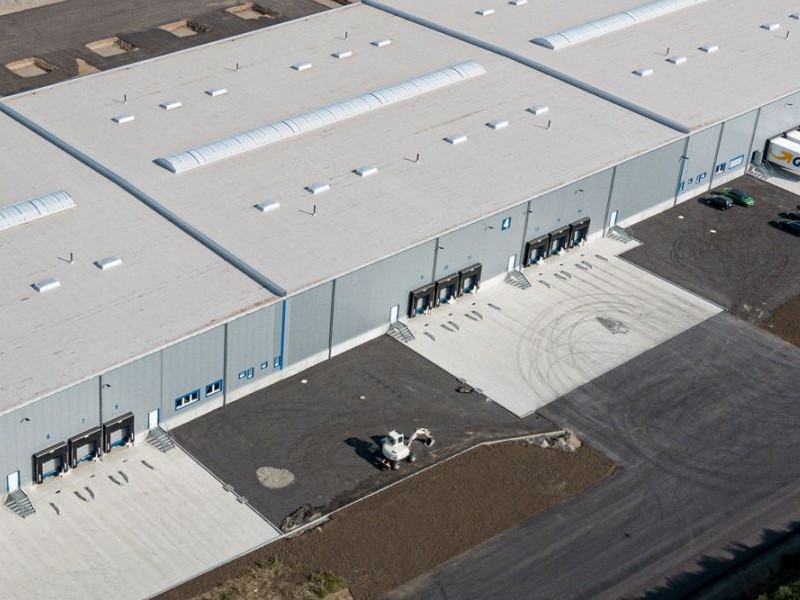What are pros and cons of Magento?

What are pros and cons of Woocommerce?
29 January 2023
What are pros and cons of Bigcommerce?
29 January 2023

OUR GOAL
To provide an A-to-Z e-commerce logistics solution that would complete Amazon fulfillment network in the European Union.
Pros of Magento:
- Scalability: Magento is a highly scalable platform, allowing merchants to grow their online stores as their business expands.
- Customization: Magento offers a wide range of customization options, including themes and plugins, allowing sellers to create a unique online store that aligns with their brand.
- Multi-Store Management: Magento allows merchants to manage multiple online stores from a single administrative panel, making it a great option for those who sell in multiple markets or languages.
- SEO Friendly: Magento is optimized for search engines, making it easier for stores to rank higher in search results, which can lead to more traffic and sales.
- Integration with Third-Party Services: Magento integrates with a wide range of third-party services, including payment gateways, shipping carriers, and marketing tools.
Cons of Magento:
- Cost: Magento can be more expensive than other e-commerce platforms, as it requires a significant investment in hosting, development, and ongoing maintenance.
- Technical Knowledge Required: Setting up and managing a Magento store requires a high level of technical expertise, and may not be suitable for those without technical skills.
- Performance: Magento sites can become slow or unresponsive as the store grows, requiring optimization and ongoing maintenance to ensure optimal performance.
- Limited Support: While there is a large community of users who can provide support, Magento is not a company and therefore does not offer official support.
- Complexity: Magento can be complex to set up and manage, and may require a dedicated team or outside support to keep it running smoothly.
Sellers should carefully consider the pros and cons of Magento before deciding if it is the right platform for their needs.



